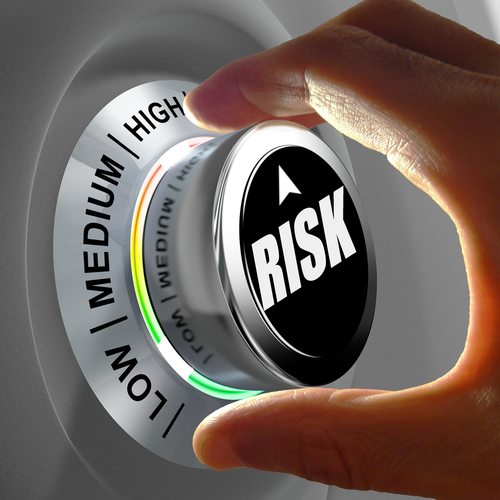Norway, Bahrain, and Kuwait are amongst the “most dangerous” for privacy in their deployment of COVID-19 contact tracing apps, as they track their citizens’ locations on a live or near real-time basis. These apps adopt an “invasive centralised approach” and pose a “great threat to privacy”, according to an Amnesty International study.
The group’s research, however, does not include countries in Asia or the US. Conducted by Amnesty’s Security Lab, the study assessed contact tracing apps from Europe, Middle East, and North Africa, and included detailed technical analyses of 11 apps in Algeria, Bahrain, France, Iceland, Israel, Kuwait, Lebanon, Norway, Qatar, Tunisia, and United Arab Emirates, it said in a statement Tuesday.
The opinions expressed in this post belongs to the individual contributors and do not necessarily reflect the views of Information Security Buzz.



